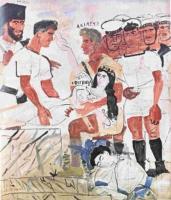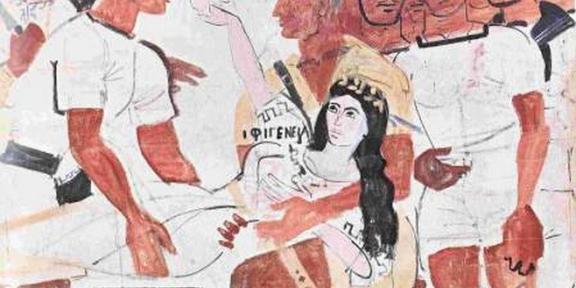
Queer adaptations of Greek tragedy by modern Greek poets, directors, and dramatists reengage the tragic canon not by preserving its stabilized, “straight” forms but by bending it toward modes of denial, dissidence, and transformation. These works do not simply “make tragedy queer,” but reveal how adaptation itself already works queerly: turning, unsettling, repeating, and refusing stable hierarchies and (nationalizing) expectations.
Taken together, queer adaptations in Greece reanimate tragedy as more than a static relic: they transform it into a living archive of queer endurance, anchored to genealogies of loss yet continually oriented toward rituals of hope and collective futurity. As acts of dissidence, they challenge normative cultural frameworks and unsettle the presumed stability of identity, tradition, and inheritance. In this reimagining, queering emerges not only as a mode of adaptation but also as a form of political intervention—remaking representation, recalibrating subjectivity, and reclaiming the tragic stage as a space of resistance and possibility.
